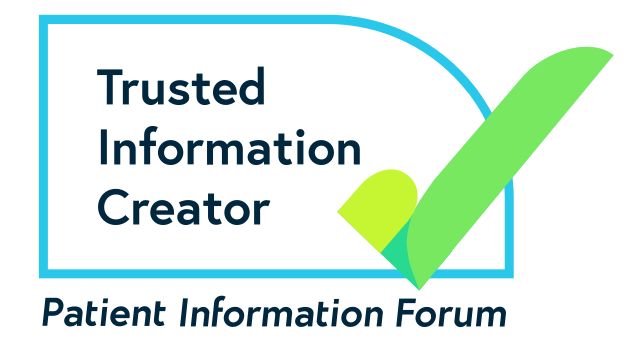Get the latest news, inspiring stories, upcoming events, and valuable support services delivered straight to your inbox.
Carrier testing when you’re planning a pregnancy
If you have a family history of a muscle wasting condition, you may want to know whether you could pass the condition on to your children. If there’s chance you carry a changed gene for the condition, but you do not have the condition, you may be offered carrier testing.
If you’re planning a pregnancy, your GP can talk to you about whether carrier testing might help you.
Muscle wasting conditions are caused by changes in certain genes. These changed genes can pass through families in different ways. You can read about this on our page about how muscle wasting conditions are inherited.
We usually have two copies of every gene. We inherit one from our mother and one from our father.
Autosomal recessive conditions
In autosomal recessive conditions, the changed gene is on a non-sex chromosome. This means a child will only have the condition if they inherit a changed copy of the gene from both parents.
People with one changed copy of the gene will not have any symptoms of the condition, but they will be carriers of the changed gene.
If you’re a carrier, there’s a chance you could pass your changed copy of the gene to your children. If they inherit an unchanged copy of the gene from their other parent, they will not have the condition and will be carriers. If they inherit a changed gene from both parents, they will have the condition.
If the parents are not related to each other, the chance of them both being carriers for the same condition is likely to be low. They may not need carrier testing unless they already have a child with the condition.
You can see how this pattern works in our autosomal recessive inheritance diagram.
X-linked muscle wasting conditions
Some muscle wasting conditions are X-linked. This means the changed gene that causes the condition is on the X chromosome.
Male children only have one X chromosome, which they inherit from their mother. If their mother is a carrier, there’s a 1 in 2 chance that a male child will inherit the changed gene and have the condition.
Female children have two X chromosomes. They inherit one from their mother and one from their father. If only their mother is a carrier, there’s a 1 in 2 chance a female child will inherit the changed gene. They will not have the condition but will be a carrier. If only the father has the condition, all their female children will be carriers and none of their sons will be affected.
You can see how this pattern works in our X-linked inheritance diagram.
Carrier testing aims to find out whether you carry a changed gene for a muscle wasting condition.
Speak to your GP if you’re thinking about having carrier testing. They can refer you to a genetic counsellor. This is a professional who can support you to make decisions about genetic testing.
The genetic counsellor will ask about your family history of the condition. They can only offer carrier testing if there is a high chance you could pass the condition to your children. If there’s a low chance of your children inheriting the condition, you may not need carrier testing.
It’s not possible to test for all muscle wasting conditions. If a carrier test is possible, the genetic counsellor will explain the benefits and risks.
If someone in your family has the condition or knows they’re a carrier, the genetic team may also contact them. The team may ask for permission to see their genetic test result or give a blood sample for testing. This helps to find the right test for you and your family.
Before having the test, you may want to think about how the results could affect you and your family. The test can give you information to help you plan a pregnancy. It can also help your family members understand how the condition affects them. But it can lead to difficult emotions and decisions about what the results mean for you, how to share them with loved ones, and what they could mean for your future. Your genetic counsellor will support you to decide what’s best for you and your family.
If you decide to have carrier testing, you will need to give a small blood sample. This is sent to a laboratory for testing.
It can take a few weeks or months to get the results. Because of this, it’s best to have the test before getting pregnant if possible. Some young adults choose to have carrier testing to help them plan for the future.
If you’re pregnant or planning a pregnancy, speak to your GP, midwife, or genetic counsellor as soon as you can. They can talk to you about your options. These may include prenatal tests to find out whether your baby has inherited the condition.
We have more information about genetic tests for your baby during pregnancy.
If you’re a carrier, your family members may also be offered carrier testing and genetic counselling. This will depend on how likely they are to have children with the condition in the future.

Author: Muscular Dystrophy UK
Reviewers: Karen Creed, Dr Claire Kulke, and Dr Mary O’Driscoll
Last reviewed: June 2025
Next review due: June 2028
We’re here to support you
Webinars, Information Days, and support groups for our muscle wasting community. Our life-changing support is here for you.
Advice for living with or caring for someone with a muscle wasting condition.